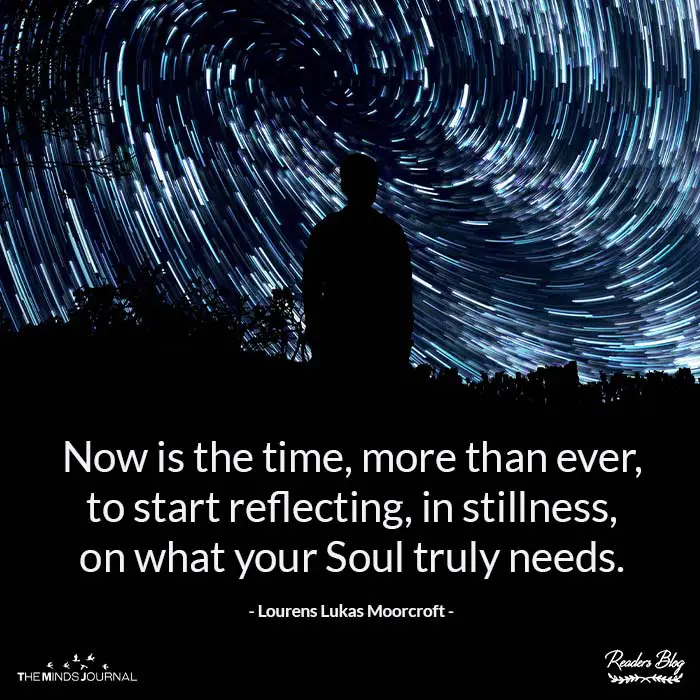A complete guide to happiness by meeting your needs!
The key to happiness is meeting your need/s. Although codependents are very good at meeting the needs of other people, many are clueless about their own.
They have problems identifying, expressing, and fulfilling their needs and wants. They’re usually very attuned to other people and may even anticipate their needs and desires.
Over the years, they become so used to accommodating others that they lose the connection to their own need and wants.
This pattern starts in childhood, when our needs, especially emotional needs, were ignored or shamed. As children we had to adapt to the needs of our parents, who may have been physically or mentally ill, addicted, or just emotionally or physically unavailable.
Some of us had to adapt to the wants and expectations of a selfish or controlling parent just to survive. After a while, rather than be disappointed or shamed for not getting our needs met, we tune them out.
As adults, we can’t stop ourselves from sacrificing our need/s and wants in relationships, at the expense of our own happiness.
At first we may be motivated by love, but before long we’re resentful as our discontent and imbalance in the relationship grow.
Without recovery, we may believe the problem only resides only in our selfish partner.
If we leave the relationship but haven’t reclaimed ourselves, we’re sad to discover that we don’t know what we want or what to do with ourselves― except to get into another relationship―fast!
Otherwise, the underlying emptiness and depression that we were unaware of will arise.
Read 20 Little Choices That Lead To A Beautiful Life
Why Meeting Needs Matter?
The reason it’s important to satisfy our need/s is because we feel emotional pain when they’re not met. You may be in pain and not know why or which needs are not being fulfilled.
When our needs are met, we feel happy, grateful, safe, loved, playful, alert, and calm. When they’re not, we’re sad, fearful, angry, tired, and lonely.
Think about how you meet or don’t meet your need/s, and what you might do to start meeting them. It’s a simple formula, though difficult to carry out:
Meet Your Needs →→→ Feel Good
Ignore Your Needs →→→ Feel Bad
Once you identify your emotions and need/s, you can then take responsibility for meeting them and feeling better.
For example, if you’re feeling sad, you might not realize you’re lonely and have a need for social connection. Even if you do, many codependents isolate rather than reach out.
Once you know the problem and the solution, you can take action by calling a friend or planning social activities.

Identifying Needs
We have many needs that you may not have considered. Although some of us are good at meeting physical need, we may not be able to identify emotional needs if those were ignored.
Here are some needs. See if you can add to this list from Codependency for Dummies:
| Mental | Autonomy | Emotional | Physical | Integrity | Expression | Social | Spiritual |
| Knowledge | Independence | Acceptance | Safety | Authenticity | Purpose | Family | Meditation |
| Awareness | Empowerment | Affection | Shelter | Honesty | Self-growth | Friendship | Contemplation |
| Reflection | Self-knowledge | Be understood | Medical Care | Fairness –
Equality | Self-expression | Cooperation | Reverence |
| Clarity | Boundaries | Support | Water | Confidence | Creativity | Reciprocity | Peace |
| Discernment | Freedom | Trust | Air | Meaning | Humor | Community | Order |
| Comprehension | Solitude | Nurturing | Sex | Pride | Play | Reliability | Gratitude |
| Stimulation | Courage | Love | Health | Self-worth | Passion | Communication | Faith |
| Learning | Grieving | Food | Appreciation | Assertiveness | Generosity | Hope | |
| Joy | Movement | Values | Goals | Companionship | Inspiration | ||
| Intimacy | Pleasure | Self-respect | Beauty |
Identifying Your Wants
Some people recognize wants, but not their needs, or vice versa, and may get them confused. If our wants were shamed growing up – if we were told we shouldn’t want something – we may have stopped desiring.
Some parents give children what they think they should have or make them do activities that the parent wants and not what the child would like.
Instead of pursuing our own desires, we may accommodate what other people want.
Do you resent someone for always getting his or her way, but don’t speak up and advocate for what you want?
Make a list of your desires. Don’t restrict them by your current limitations.
Recovery
Recovery means implementing the above positive needs formula. It includes fulfilling your healthy desires.
We become responsible to ourselves and develop enough self-esteem to make ourselves a priority.
First, you have to find out what you need and want. Then, value it.
Think about why it’s important.
Read Each Zodiac Sign’s Perfect Key To Finding Happiness
If we don’t value a need, we won’t be motivated to meet it. If it was shamed in childhood, then we will assume that we can forego it. Many people don’t fulfill their goals or dreams because they were ridiculed growing up.
Similarly, if grief, sex, or play were shamed or discouraged, we might assume these weren’t valid need/s. Next, figure out how to fill that need.
Finally, some needs require courage to stretch ourselves to meet them, such as self-expression, authenticity, independence, and setting boundaries.
Other needs are interpersonal and require courage to ask other people to meet them. We can only do this if we value ourselves and our needs and feel entitled to have them met.
It also helps to learn to be assertive. (See How To Speak Your Mind – and webinar How to Be Assertive.
Recovery takes encouragement and support from others and usually counseling, too. This may seem daunting, but start simply each day by journaling and attuning to your feelings your body.
Take the time to ask yourself what you want and need.
Start listening to and honoring yourself!
Introspect yourself so that you can recognize your needs which are the key to happiness.
© Darlene Lancer 2019
Written by Darlene Lancer, JD, MFT Originally appeared on Whatiscodependency.com Republished with permission










Leave a Reply
You must be logged in to post a comment.